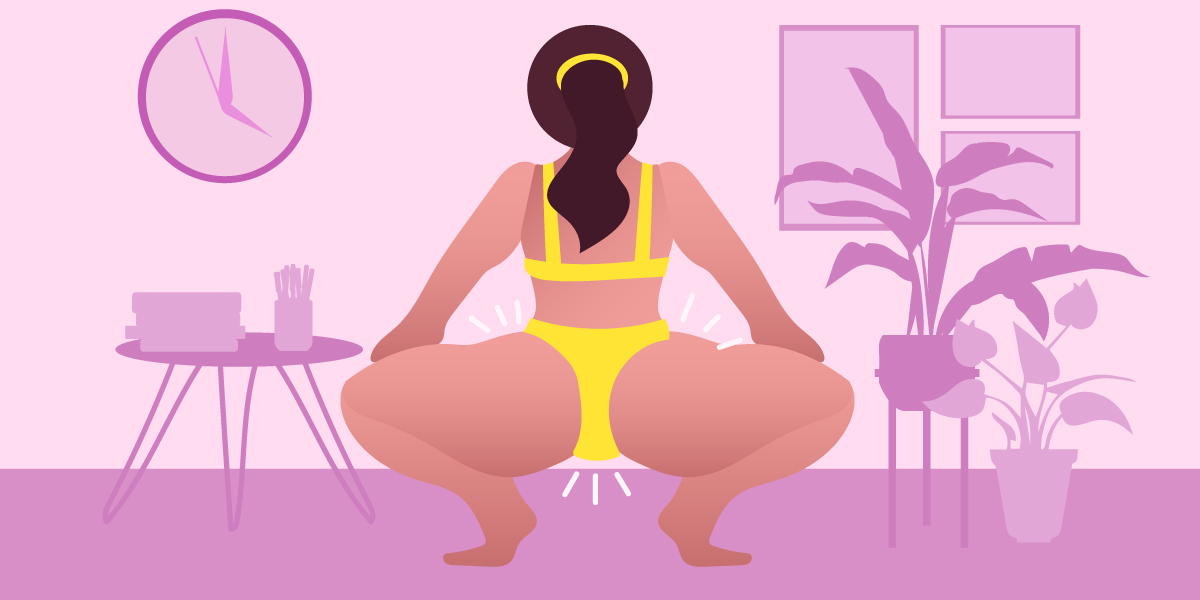
Huh, there’s a small chance you’re bed rotting right now, right now, while reading this guide, isn’t there?
Owe it to social media, especially TikTok, to introduce to us new terms. This time around, a common one is bed rotting. A lot of Gen Z people admit to doing this, especially living in a productivity, hustle-led environment wherein it’s always go-go-go. While it can be a great thing to do as a way to rest, doing it consistently over a long period of time may garner more harm than good.
Let’s get further into the topic through this guide. And we’re hoping you’re not reading this in bed.
What is Bed Rotting?

Health defines bed rotting as an activity that “involves staying in bed for extended periods of time—not to sleep, but to do passive activities.”
In other words, you’re in bed (main activity) doing easy and accessible things. That can include watching TV, snacking, and using your phone. Due to how low effort these tasks are, they make the bed rotter stay in and relax longer in bed. Not entirely a bad thing at first glance, but we’ll get into potential disadvantages later on.
For now, short-term bed rotting is a new form of TLC among the younger generations. It serves as a good buffer before tapping back into reality.
Reasons Behind Bed Rotting
Unveil the various reasons why people bed rot here.
1 Resting and Recharging Our Bodies
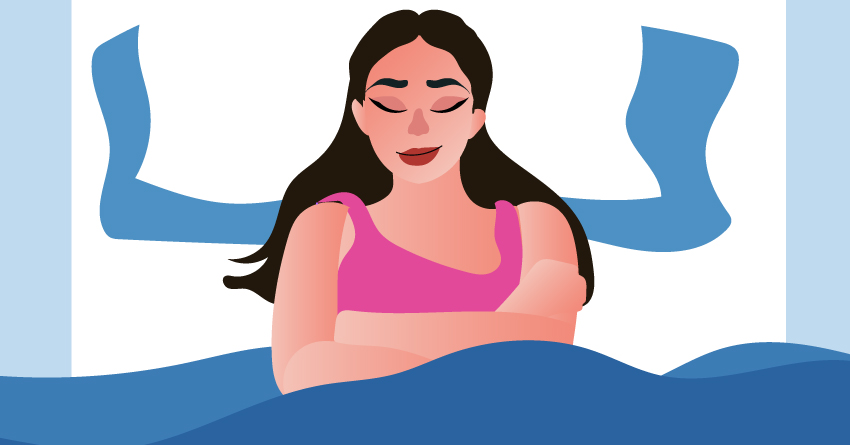
Just imagine all that energy burnt out from work, school, family, and other important responsibilities and priorities. You can only take in so much; when you reach your peak, you’ll crave to go to bed and rest.
The bed is like an instant charger of energy, especially when you go to sleep or take a quick power nap. But in this case, lying down and doing nothing allows you to unwind at your own pace. Even when you haven’t exposed yourself to any screens yet.
2 Out of Boredom
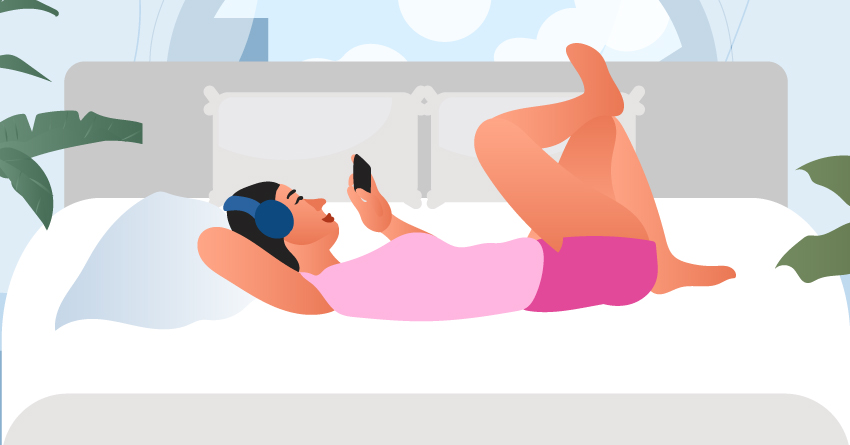
When there’s nothing to do or a lack of motivation, bed rotting seems like an option. Having no structure or routine to follow or look forward to also paves the way for bed-rotting as you have all this free time. Moreover, bed-rotting out of boredom removes any pressure to do anything new or outside your comfort zone. You’re choosing the easy way out, which isn’t the best idea here.
3 Habit

It’s possible that it becomes a habit if you find yourself lying in bed doing nothing or even on your phone constantly. You choose to do those things because it’s natural and ingrained in your routine, even if you didn’t plan or train your mind and body for it. In this scenario, if bed rotting is the first decision you make every morning, you’ll naturally do the thing. No decision fatigue here.
4 Underlying Mental Illness

From depression and anxiety to burnout, any of these mental illnesses can lead to long-term, excessive bed-rotting. For instance, depression makes you withdraw from any kind of activity, from the ones you like (hobbies) to the ones you need (errands). Putting in the effort just doesn’t seem ideal to you. With anxiety, you feel intimidated to try anything, so doing anything low effort, like bed-rotting, is a safe option. Burnout can drain a person’s energy and creativity, needing lots of rest to recover.
It’s important to see a professional to get a proper diagnosis and observe your bed-rotting patterns as well.
5 Escape from the Real World

There’s that comforting feeling of being in bed wherein everything else can wait, and you can just lay and rest. Your bed is like a cocoon, wherein nothing can hurt you, and you call the shots on what to do. Not just that, the tasks you decide to do while bed-rotting also feel relaxing, making it harder to get out of bed.
6 Trauma Response
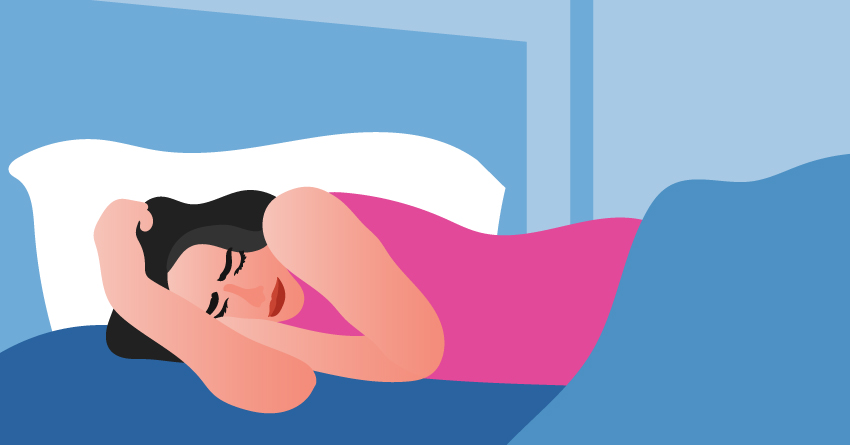
Charlie Health points out the mental health crisis among Gen Z people, wherein staying in bed is a safe solution when living in unsafe conditions or dealing with society’s problems. Moreover, such a trauma response makes us decide to fly or freeze. Bed-rotting serves as a buffer or a freeze response, staying right in their space. It can be a conscious or unconscious choice as well.
7 Seasonal or Environmental Factors
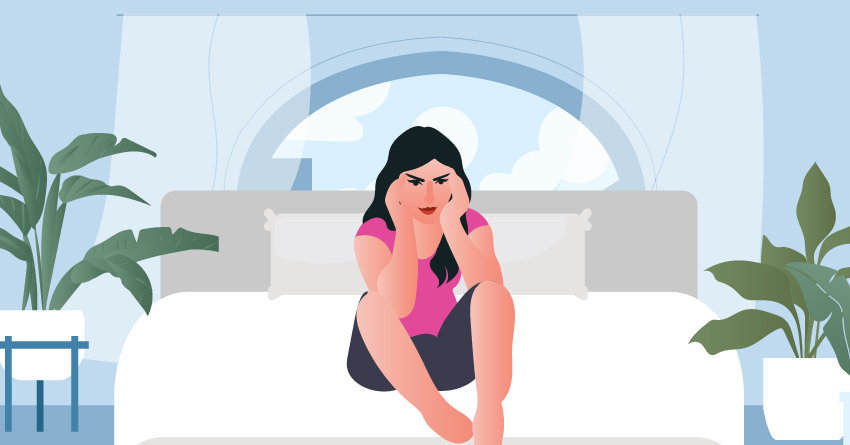
Given that your bed is already a comforting place, the weather and mood around it can also impact your mood. For example, keeping the AC on cold urges you to stay in longer. The same goes if the weather out is gloomy and dark. Such factors lead you back to bed, leading to bed-rotting.
Short-Term Benefits of Bed Rotting
Important keyword: short term. This activity is okay to be done from time to time, but not all the time. Not consistently. Not every day. Those short-term benefits include:
1 You catch a breather from daily life.
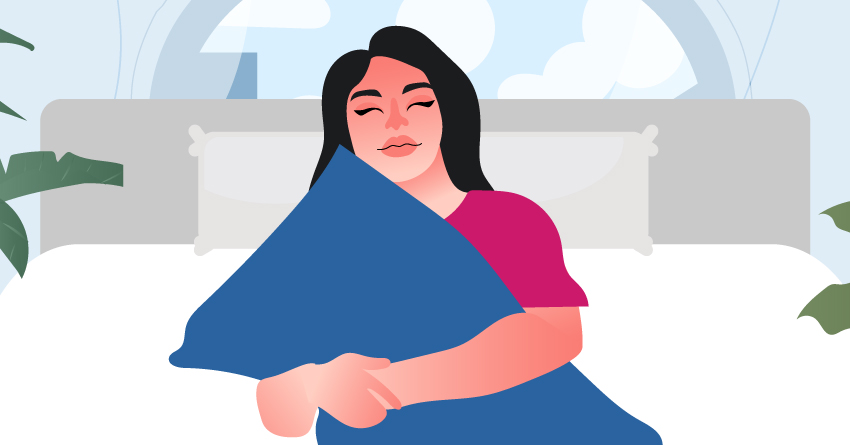
Daily life can be exhausting. Hustle culture is still prevalent in most aspects of life, and stepping away from it gives you a chance to reclaim your power. And by reclaiming it, you take a moment to breathe, clear your mind, and recenter yourself. And for a lot of people, they do it in bed.
You need those quiet moments as they make you check in with yourself, observing any and every sensation happening within you. In other words, you get to lay back and relax so you can regain your strength for future tasks later on.
2 It’s a form of slow living.
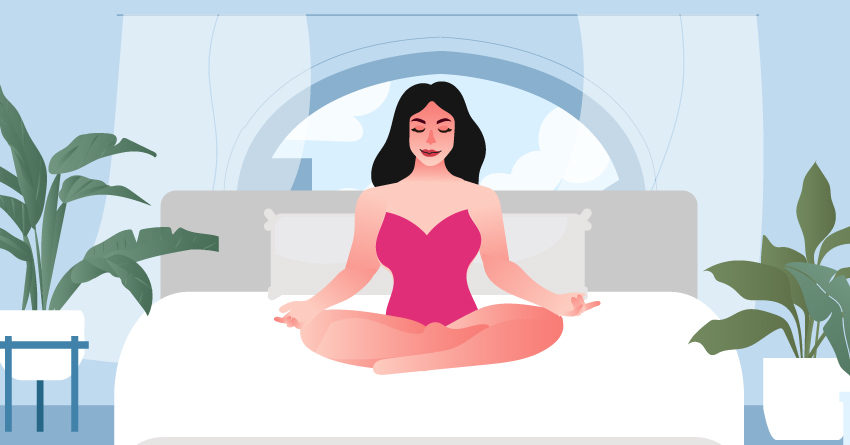
We’re so used to getting out of bed right away upon waking up. But we barely get to enjoy the quiet period between waking up or being awake and getting ready for the day. Hence, bed-rotting lets you appreciate the slowness and silence of the mornings, taking things at your own pace. There’s nothing to chase after, focusing on being present.
3 You get to reflect on your life.

Bed-rotting gives you enough quiet and slow time to ponder on what you’ve up to in life. You’ll also be able to process thoughts and emotions better without any distractions from the outside world. It’s just you in your own bubble while the world continues to run.
4 You have guilt-free time for your hobbies.
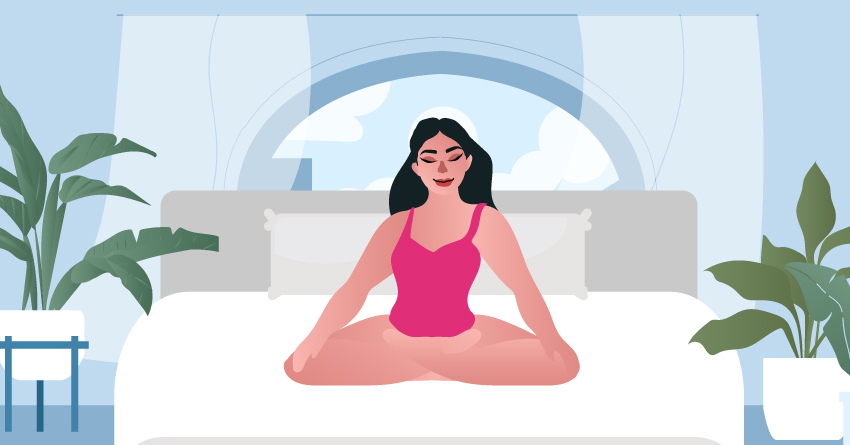
This is so important for every individual! Short-time bed-rotting leaves us no pressure to fulfill our hobbies, even more so when it’s done over the weekend. It can be watching a film, reading a book, or playing a video game.
5 You can catch up on sleep.
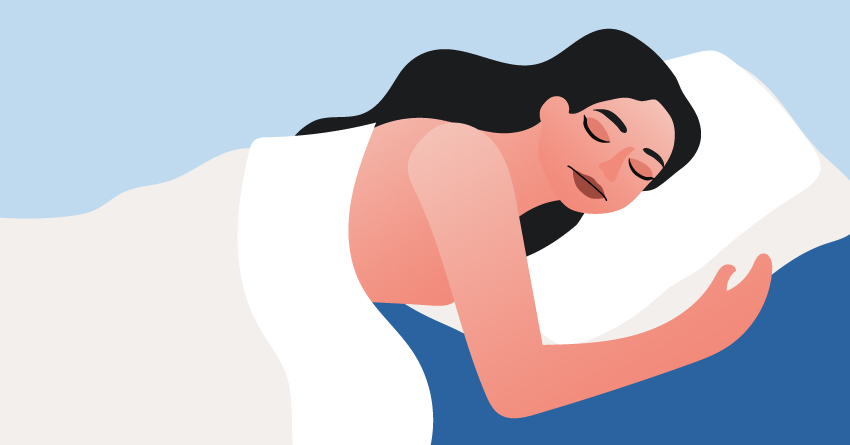
We all value our sleep, and it’s common to be sleep-deprived at times. Hence, bed-rotting lets us rest further and even catch some extra zzz’s. But only when timed right so you don’t miss out on the rest of your day.
Disadvantages of Excessive Bed Rotting
Learn about the downgrades of too much bed rotting through this section down below.
1 Your responsibilities and priorities may be affected.
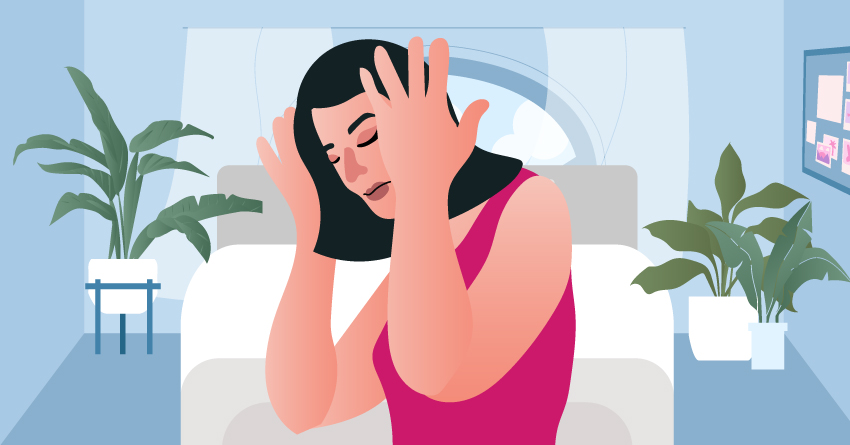
Because of how easy and low-effort bed rotting can be, productivity is out the door just as quick. When you think of productivity, it leads to working for quite some time to get tasks. That’s not always an enticing thing to think about, even more so when you are overworked and such. Hence, bed-rotting feels more natural to choose or transition to.
2 You become lazier and less physically active.
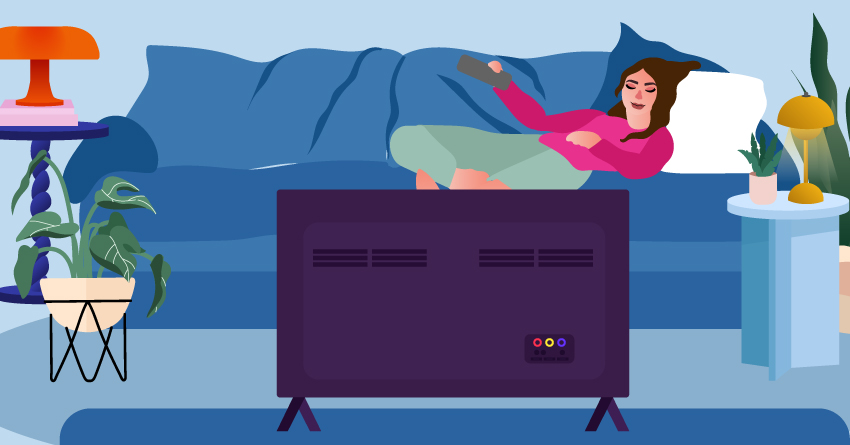
Having lazy days and bed-rotting occasionally and in moderation is okay, but having it all the time isn’t. Staying in bed for too long makes it less likely for you to embark on physical movement. Physical movement gives you a lot of stress relief and a good release of endorphins that impact your mood for the day. Falling short on that can make you moodier and stressed, even weakening your body in the process.
3 You isolate yourself from everyone and everything.
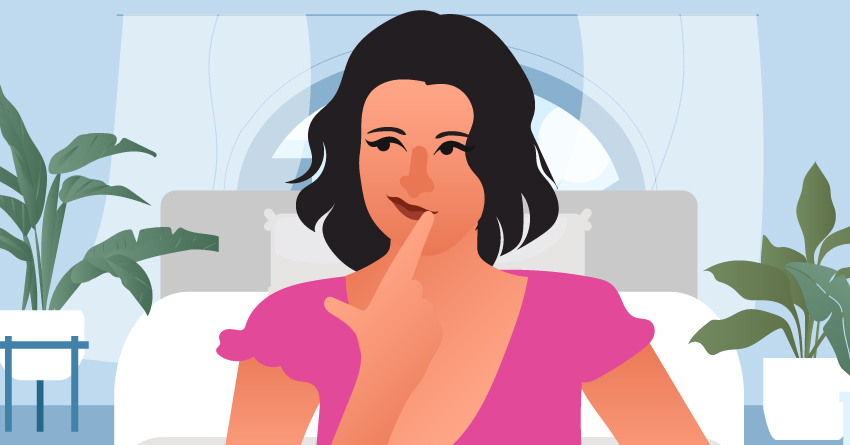
Bed-rotting makes you more prone to avoiding any social interactions with anyone, whether virtually or with anyone who may be living with you. In turn, you become disconnected and even lonely. In turn, being social means being outside. Not being outside can shift your mood into a sour one.
4 It disrupts your sleeping patterns.

Bed rotting can meddle with your sleeping habits, from the moment you go to bed until you wake up. Specifically, when you use your phone in bed. Doing so further exposes you to blue light and screens, alerting your mind that it’s still daytime or an okay period to be awake. When really, it’s the opposite. In turn, it makes sleeping early harder when your mind is still rushing in dopamine.
5 It makes one more prone to excessive social media usage.

Going online in excess is already a modern epidemic, so adding bed rotting to it or doing it in bed worsens things. It can heighten any FOMO or comparison-related thoughts and even hurt your self-esteem. Plus, it’ll be harder to get out of bed or even talk to anyone without the strong urge to check your phone either.
How to Safely Bed Rot
Do plan all of this beforehand so your mornings feel more relaxed. No one likes early morning stress!
1 Put a time limit.
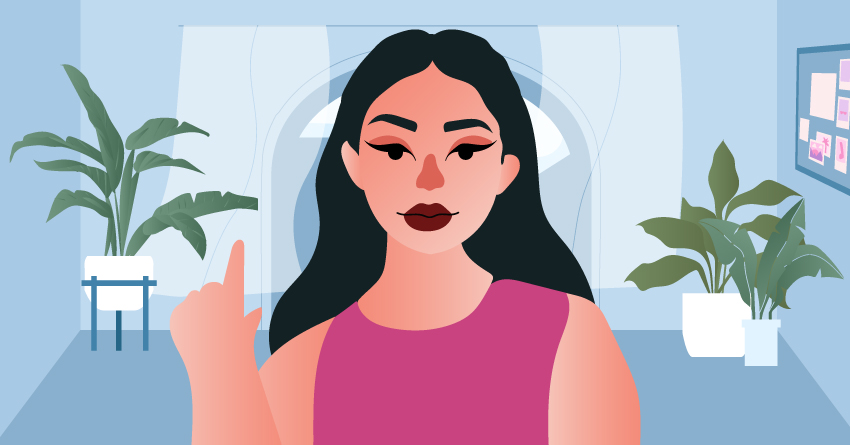
Like literally, set it on your phone right away because bed rotting unsolicitedly can tempt you to go longer than expected. Like hours long, which isn’t beneficial. At most, 2 hours is okay, but the shorter the time, the better. That way, it also doesn’t form into a habit.
Alongside this, limit how often you have such bed rotting in the week. Perhaps save it for the weekend for maximum rest and recovery. Or maybe just occasionally, as there are many other ways to recover from a busy day.
2 Rearrange your environment.

Turn off the AC if it’s on and turn on an electric fan instead. Or even open the window as a cool breeze can only make you more sluggish and sleepier. It also helps to do light stretches, maybe from your neck to your shoulders, in between to keep your body mobile.
3 Be intentional in choosing light activities to do in bed.

For example, you want to watch a TV show. Pick a show that intends to make you smile or laugh to get a serotonin boost. Instead of looking at a screen, journaling can work in your favor as it lets you document your recent life occurrences and even release any pent-up stress and thoughts in your mind.
4 Nourish yourself with water and food.
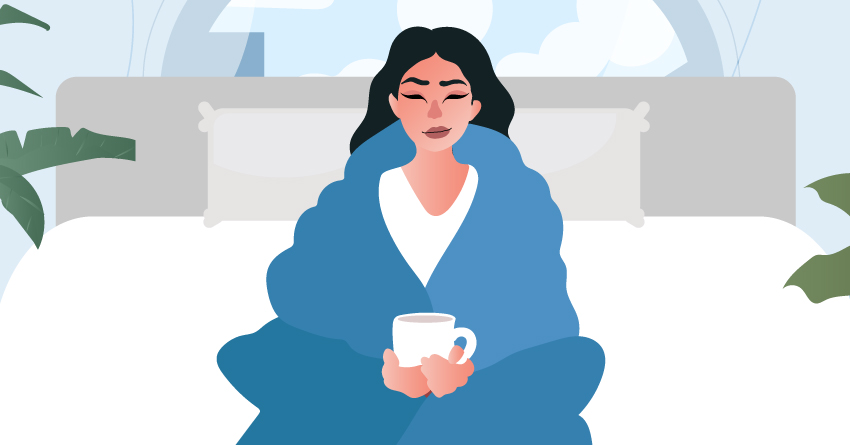
Bed rotting with an empty stomach may just worsen your mood. Have a water jug nearby and take sips regularly. As for food, be mindful and choose healthy snacks. Simultaneously, don’t overeat or skip meals during this time.
5 Time your phone usage.

If you’re on your phone during your bed rotting session, setting a time limit for your online activities can prevent doomscrolling. Plus, you’ll feel more in control and confident with your boundaries. And when the timer goes off, you can end your session there.
6 Get your body moving!
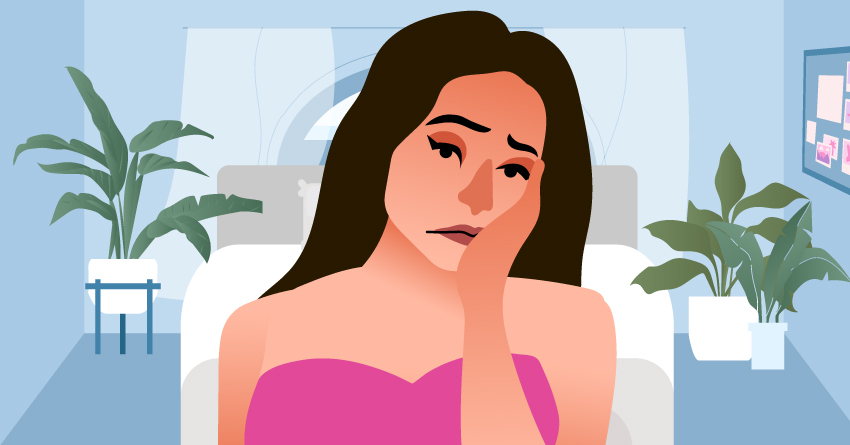
We gave a glimpse of this tip earlier, but standing up and taking steps around your room are also beneficial when intentionally bed rotting. Light movement is still movement! Plus, you’ll feel less stiff and more relaxed when you do so. Eventually, moving on to your next task may even feel natural.
7 Know when to get up.
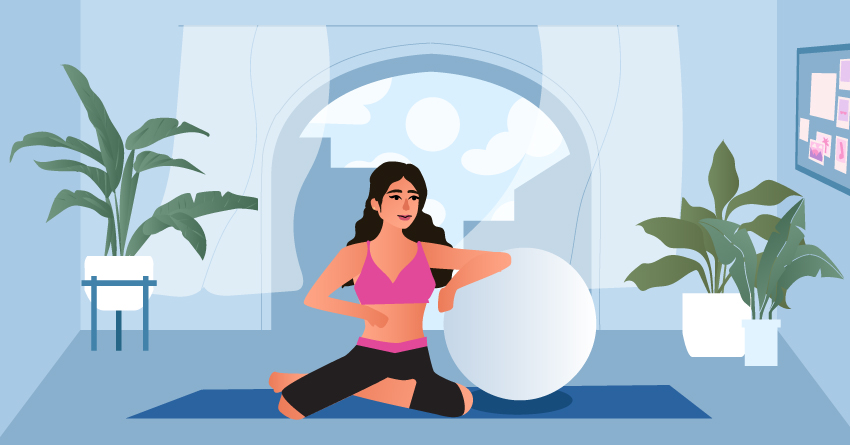
If your timer for your planned bed rotting is up, it’s important to stick to that promise. But if you didn’t time it, check in with yourself. Are you bored already? Do you want to do something else that’s more fulfilling? Are you refreshed enough to move on with your day? Those questions can help you make your next move so you don’t stay in bed too long.
A follow-up to this may be stepping out for fresh air or making your favorite drink so the mood stays calm and slow.
Healthier Alternatives to Bed Rotting
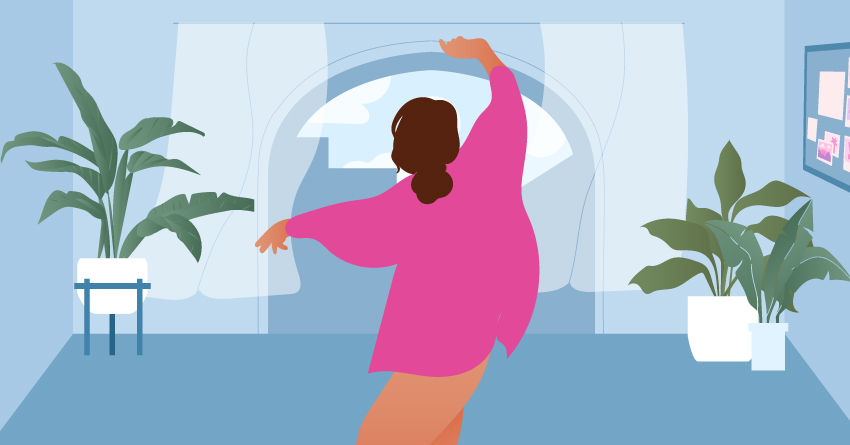
While some still want to rest in bed for a little longer (but with proper rules and boundaries), getting out of it seems more viable. Such ways to do so include:
- Reading a book.
- Meditating.
- Seeking gentle movement.
- Taking a warm shower or bath.
- Visiting a new, cozy place: It can be a café or any place that radiates calming energy.
- Moving to a new room: It can look like going to the living room and lounging on the couch or outdoors to get some sunlight and fresh air.
- Having a social media-free day.
- Trying to bake or cook.
- Tidying up your space.
- Rearranging your closet.
-
₱150.00
-
₱150.00
-
₱150.00
-
₱150.00
Takeaway
Bed rotting can be a means of self-care when you have boundaries and rules set around it. Because easily enough, doing it excessively can negatively impact your health. A total reverse from the initial break you’d crave for. But also, bed rotting can be a sign of an underlying mental illness that must be addressed immediately. In that case, seeking professional help is advised.
All in all, bed rotting is a short-term way to relax. While we’ll all be resting, recharging, and recovering, this method can easily go into excess, so be mindful and aware. It shouldn’t compromise your daily routine and priorities!
For more self-care and culture guides such as this one, head on over to the Lauvblog here.





